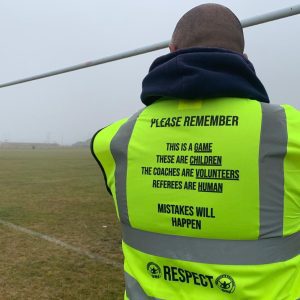There’s no doubt that football academies are harsh environments. The FA’s official website even describes the process of getting released by one as ‘heart-breaking’, which, considering they’re trying to increase participation levels, is hardly encouraging…
It’s entirely truthful though and not particularly surprising; when the stakes are so high, the consequences of being rejected become even more considerable. The disappointment of being let go by a big-name Premier League club would be enough to crush any youngster so, when the huge financial influence is also factored in, the pressure can often become unbearable.
Children not even old enough to attend secondary school are exposed to a stressful, ruthless environment in which their every move is carefully monitored and analysed. Those judged to be progressing too slowly are filtered out of the system as early as possible, but the players really at risk are the ones that succeed in making the first few cuts.
The reason for this is simple and something the FA’s site also alludes to; young footballers tend to get carried away. Tell a ten-year-old he’s good and he’ll dream about being the next Messi. Tell a sixteen-year-old he’s good and he’ll think he really is the next Messi. The further teenagers progress down the path of becoming a professional footballer, the more they begin to prioritise the beautiful game over everything else in their lives. Football, for many, becomes an obsession and this is something that authorities need to guard against.
While it’s fantastic that the next generation are competitive and hungry to do well, the current clamour for more home-grown talent and the amount of money being spent on the best academy graduates means that, if anything, academies are encouraging rather than discouraging this kind of compulsive attitude. This has to change.
Spurring youth players on to succeed at all costs may benefit those who finally make the grade but, for the majority who don’t, it can very seriously damage their career prospects and later lives. The PFA estimates that, for every five players offered academy scholarships, only two will receive full-time contracts at the age of eighteen and only one will still be playing professionally by the time they’re twenty-one.









0 Comments